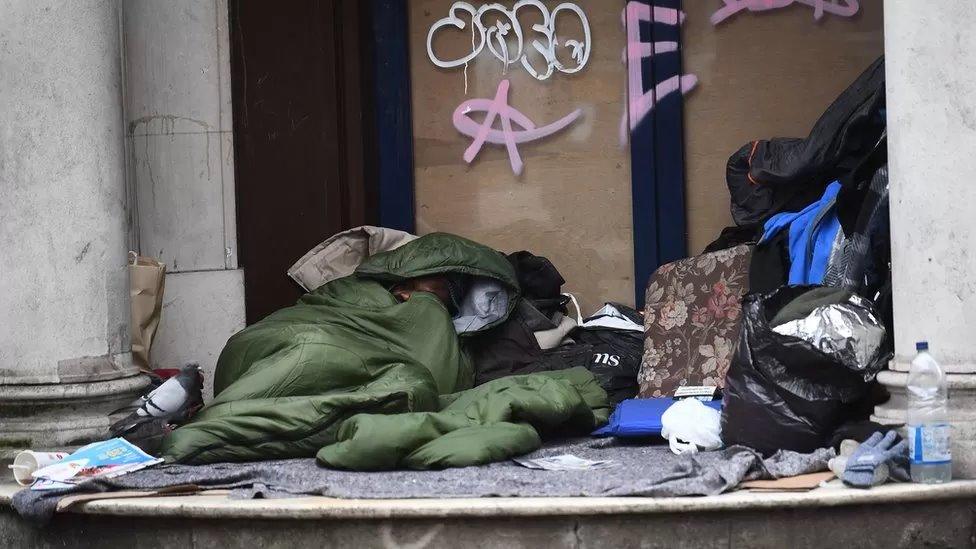City records sharp rise in homeless deaths
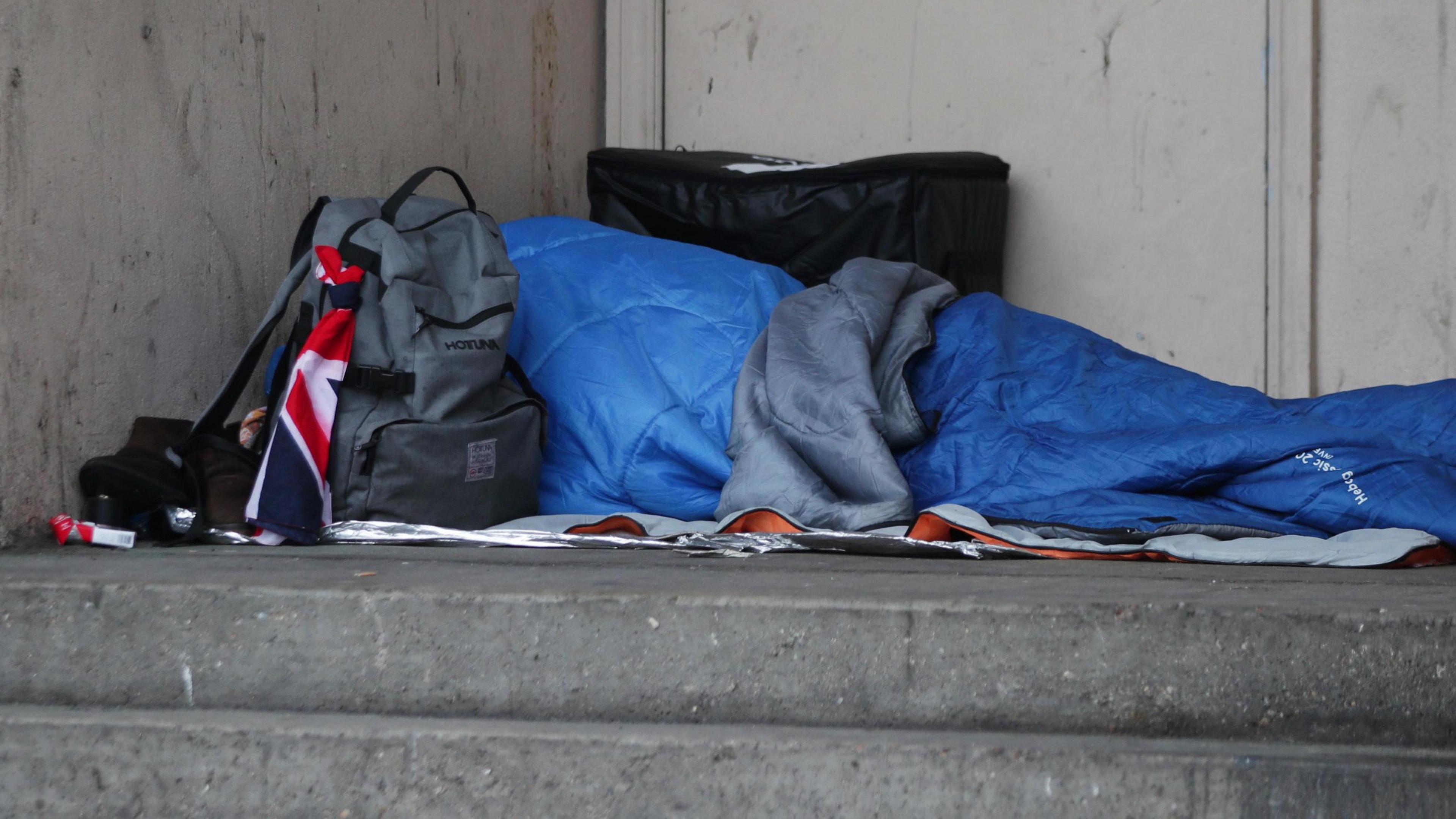
The Museum of Homelessness recorded 21 deaths in Exeter during 2024
- Published
A nationwide campaign group has identified a sharp rise in the number of homeless people who died in Exeter last year.
The Museum of Homelessness recorded 21 deaths in the city during 2024, an increase on the eight recorded in each of the previous two years.
A separate report by homelessness charity St Petrock's found 26% of its clients in the city last year were women but this had already risen to 59% so far this year.
Marina Asvachin, Exeter City Council's lead on housing, said: "Any death on our streets in Exeter is a tragedy and we work tirelessly across the city with our partners to prevent this from happening and will continue to do so."
The report by the Museum of Homelessness, external showed 15 people who died in Exeter had been living in supported or temporary accommodation.
It said contributing factors to homelessness in Exeter included people leaving prison with no home to return to, an affordable housing shortage and some of the highest eviction rates in the UK.
The report's authors said: "Ultimately, this means people are living in a cycle of revolving door homelessness, in and out of accommodation and only in sporadic contact with the support they need.
"People all too often have nowhere to go."
The group urged the government to increase spending on affordable housing and provide better support.
Minister for Homelessness Alison McGovern said: "These figures are heartbreaking. Every loss of a life, especially the death of a child, is an abject failure that cannot be tolerated. We cannot accept this as normal."
She said the government was "accelerating efforts to tackle the root causes of homelessness" by "expanding access to safe accommodation" and "strengthening support services".
'Scary picture'
St Petrock's homelessness manager Rowan Livingstone said its research suggested more women in Exeter were leaving mixed sex supported housing because it was not viable for those who have experienced trauma.
Ms Livingstone said it was "a really scary picture" for women who were rough sleeping.
"In the 25 years I have worked in homelessness I haven't met one woman who hasn't experienced violence or abuse while being homeless," she said.
"Women often don't bed down in traditional places.
"Some may feel safer sleeping in the city directly under a CCTV camera.
"They know they're seen there but that can also expose them to some quite terrible risks ranging from violence to verbal abuse and all kinds of thefts and assaults."
A spokesperson for Devon County Council said it would devolve its funding to the district and city councils to directly commission homelessness prevention services.
"They are the experts and can target the funding to where it will have greatest impact, joining it with their own local funding and provision," they added.
Follow BBC Devon on X, external, Facebook, external and Instagram, external. Send your story ideas to spotlight@bbc.co.uk, external.
Related topics
- Published25 September
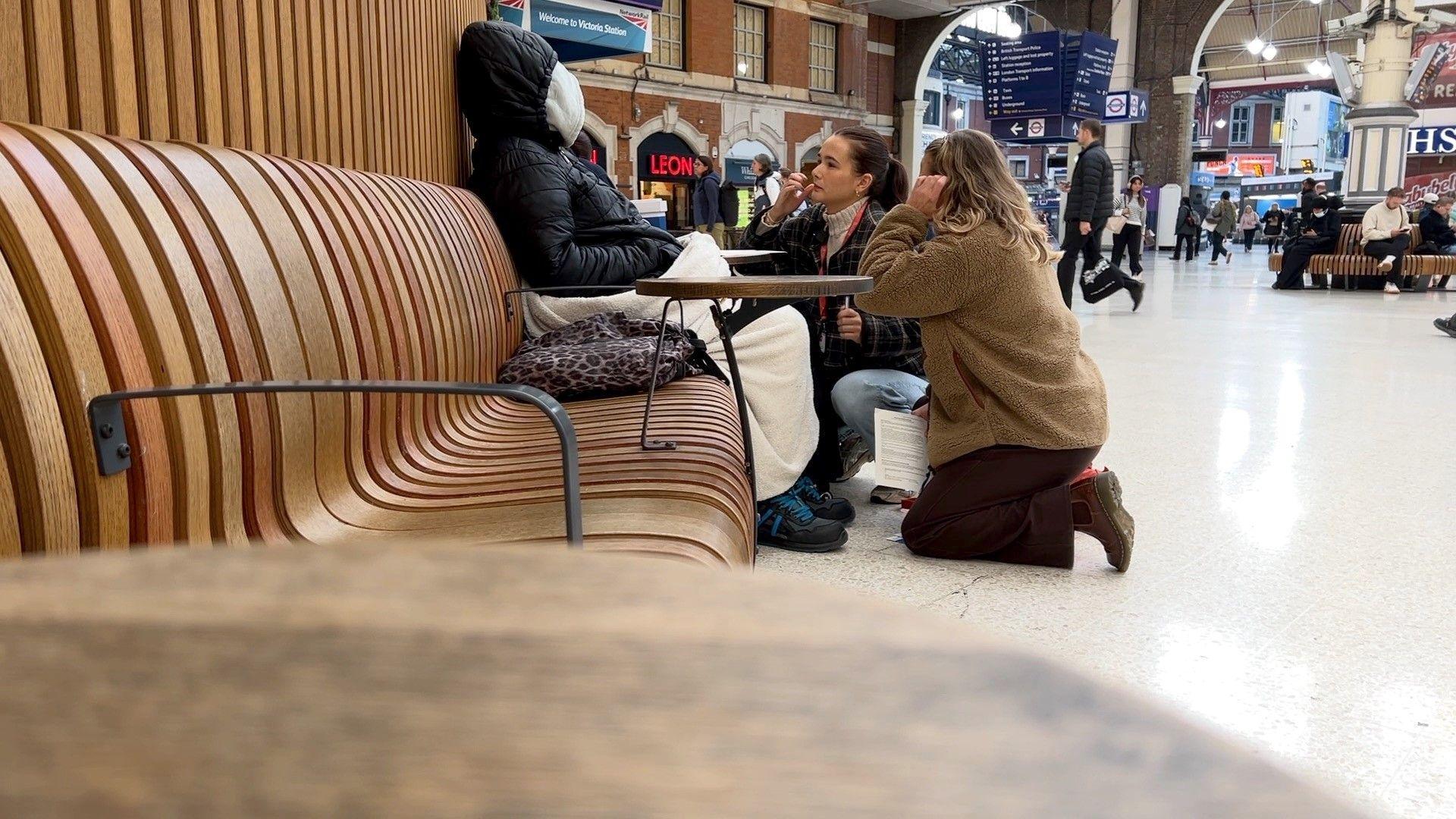
- Published2 January
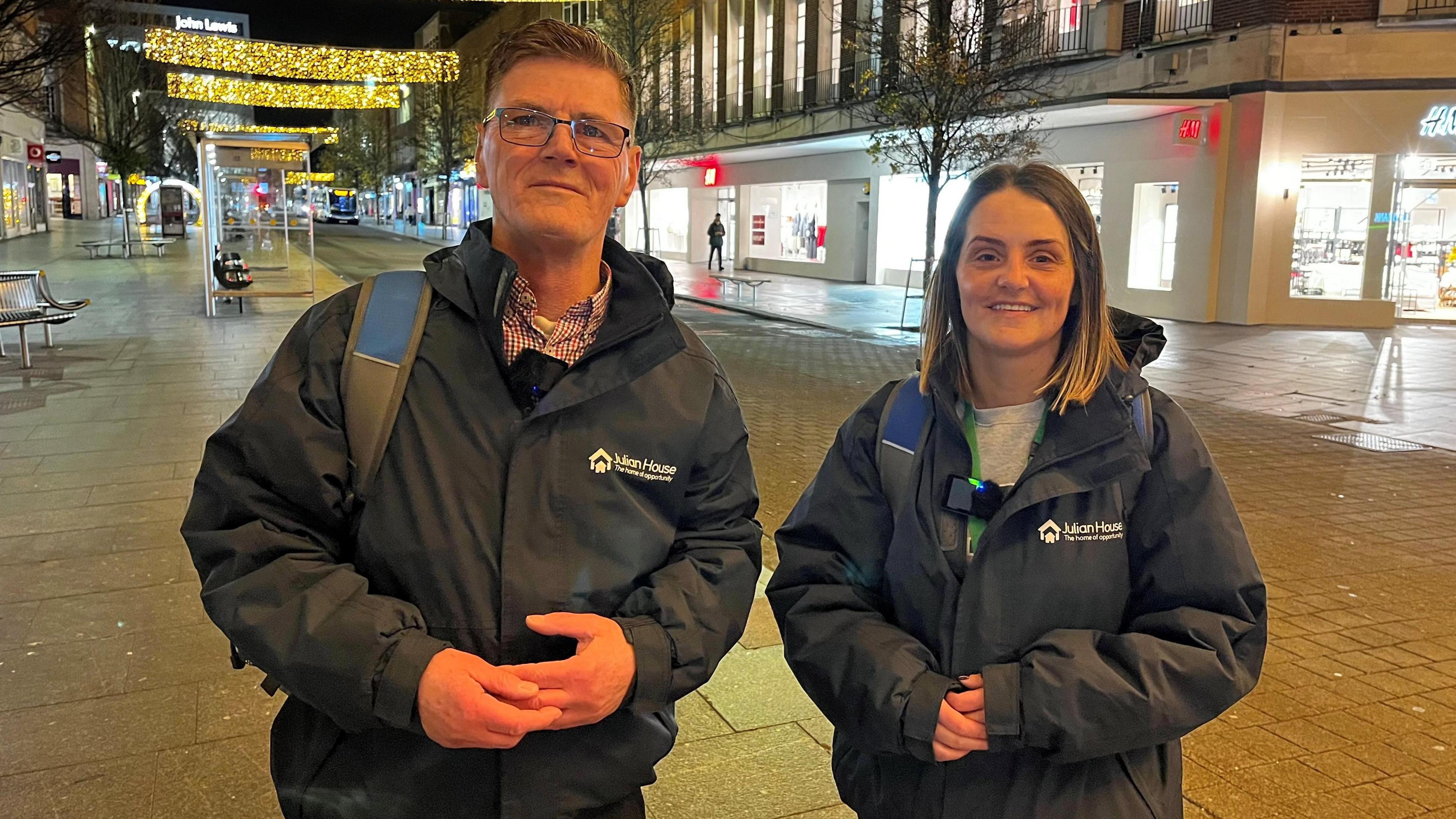
- Published11 December 2024
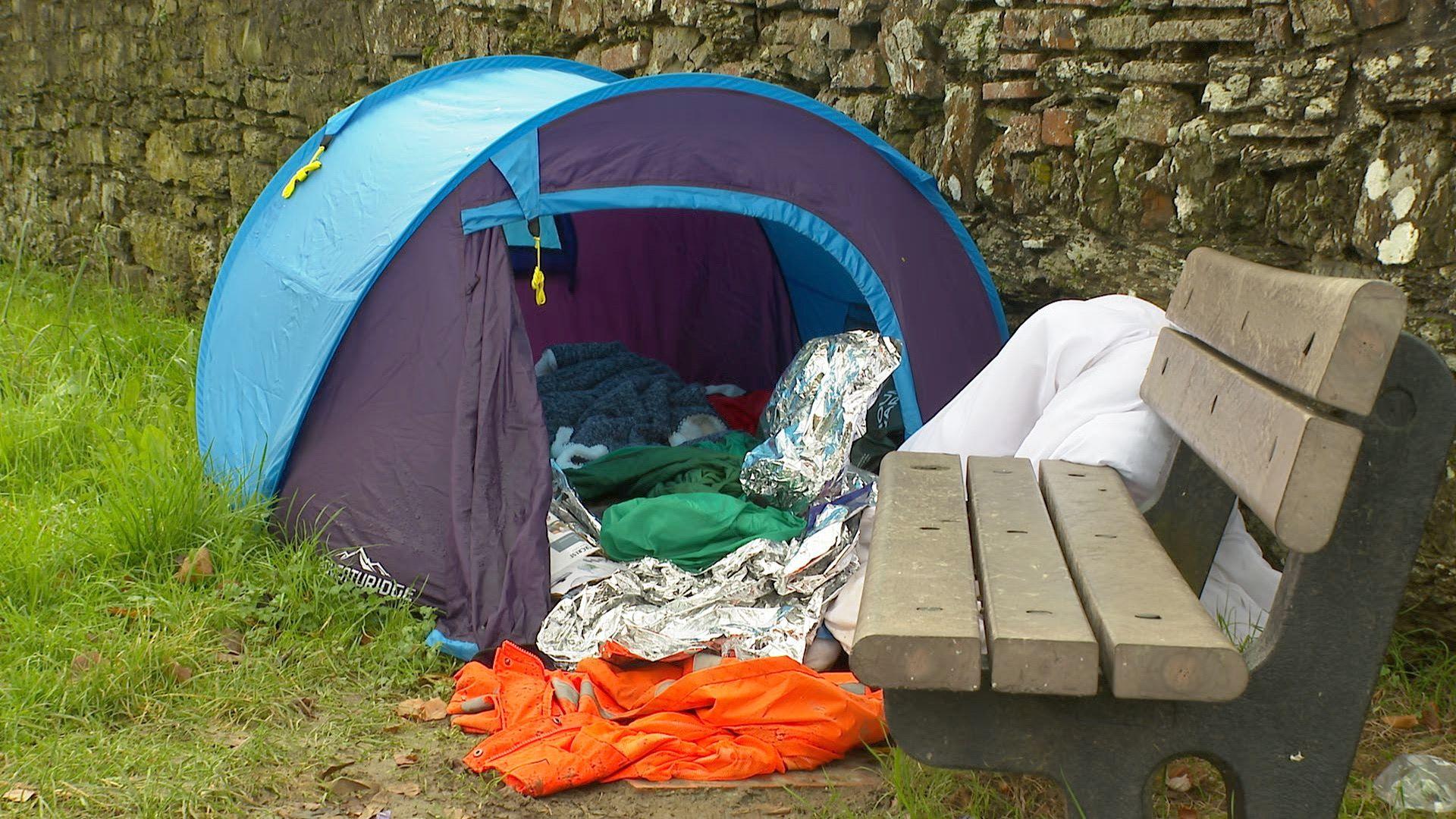
- Published24 December 2024
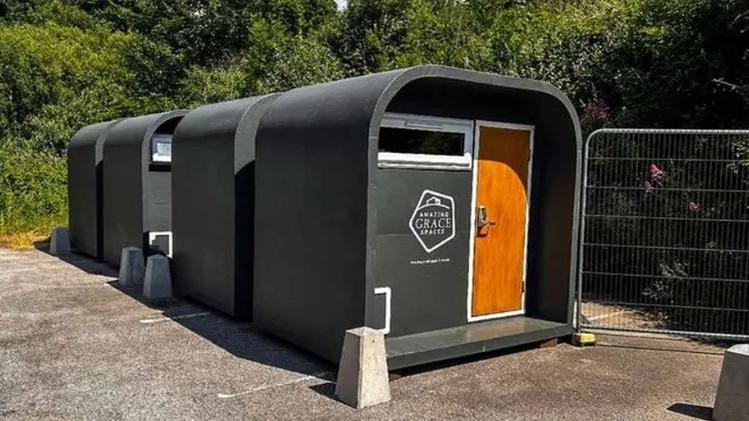
- Published14 September 2023
